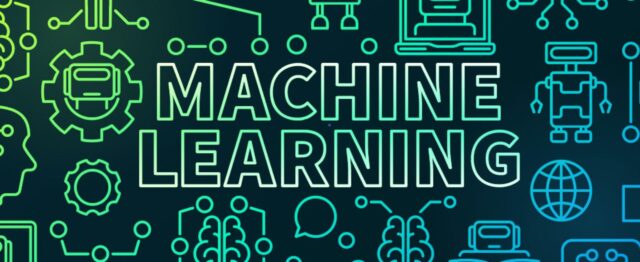There is no doubt that the impact of COVID-19 is affecting so many individuals. Away from the health concerns of this virus, businesses are concerned with their overall operations. Machine Learning and Artificial Intelligence are aspects that many are confused on how to implement during a time that could not have been foreseen.

Machine learning is built on the ability to create a model from historical data then generate predictions for the future. But if the future data is vastly different than the historical data the model is trained on, it can lead to inefficient predictions. Currently many organizations are seeing extreme shifts in their data that could not have been predicting making machine learning a much more difficult task. Here are some tips to make the most of your machine learning projects during unpredictable times.
Retrain Models:
The most important and first thing to look at is to retrain all your current models in production. The data after the COVID-19 outbreak will most likely be much different than the historical data used to train any model. The data that is occurring recently is vital to be used in the training of the model to have more realistic predictions.
Contrary to a popular but sometimes false opinion, more data is not always better. This could not be more of the case here as actually having a shorter historical window used to train the model can lead to more accurate predictions for what is to come in the future. Take a sales forecast model for example, by retraining the model with more recent historical data that is more applicable to the current state of the organization the model will be able to understand trends that are associated with the current events.
Since there are changes happening every day and data will continue to fluctuate during this period, it is for the better to predict for a shorter period of time. This way organizations will be able to understand how their predictions are comparing to the actual results and gradually increase their prediction window. Along with that, if a model is trained on a shorter period of time the predictions will only be significant for a shorter future period.
Redefine Use Cases:
In unpredictable scenarios, the business problems change as well. This means that previous machine learning use cases should be altered to match the new questions that an organization have. Let’s take a look at a potential store during the events that are currently happening. There is a chance they are seeing a decrease in sales, but instead of forecasting what their sales will be for every product, it might be more beneficial to look into what products a customer will most likely buy. This may call for the store to purchase external data and see what products are still in demand for consumers at this time. From there the store can plan promotional campaigns for high demand products, market certain products to different customers, and control their inventory making sure high demand products are in stock.
None the less, machine learning is greatly impacted at times like this but can still be a major supplement to help leverage your business. Please reach out to info@pomerolpartners.com if you want to learn more on how to improve your machine learning and artificial intelligence projects during this period.
More Insights
-
Qlik to Power BI Migration

-
Client Product Reporting in FX Sales & Trading

-
Consolidating Financials for Multiple Acquisitions

-
How Machine Learning Can Transform the Financial Sector in 2024

-
Tracking Key Business Metrics using Power BI

-
Update on the future of Talend Open Studio

-
Multinational Bank’s Need of Fluid Understanding for their FX Pricing

-
Building a Single View of a Customer’s Portfolio to Support Regulatory Compliance

-
Exploring Change Data Capture (CDC)

-
🔍 Excel vs. BI Tools: Why It's Time to Evolve Your Data Strategy

